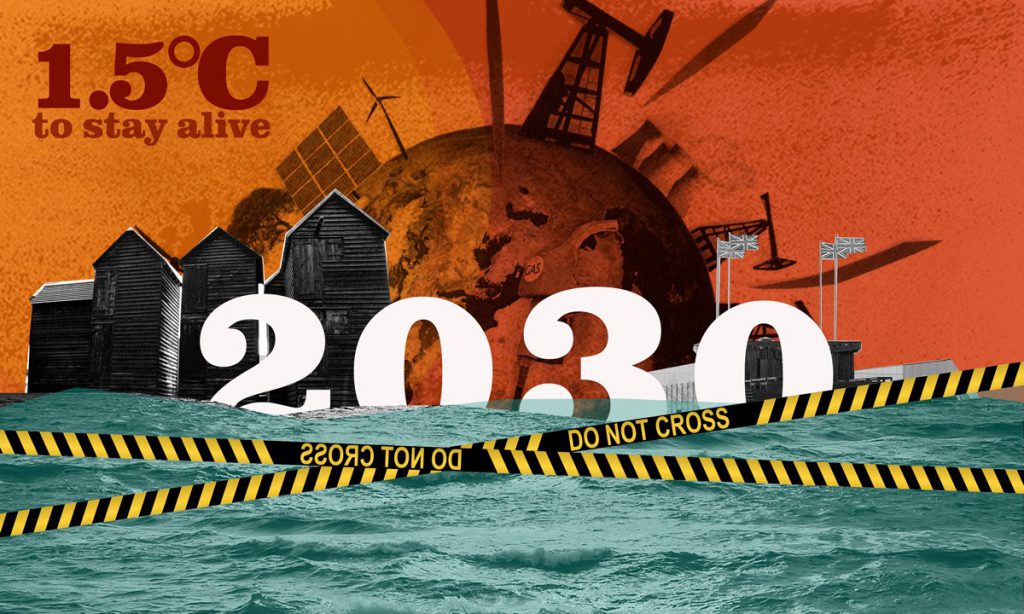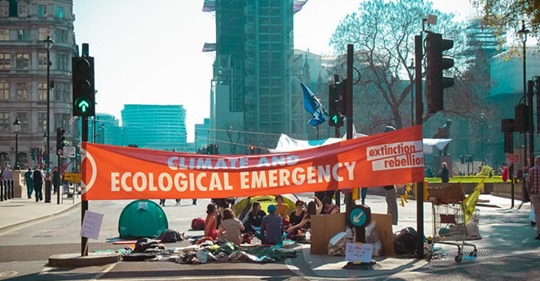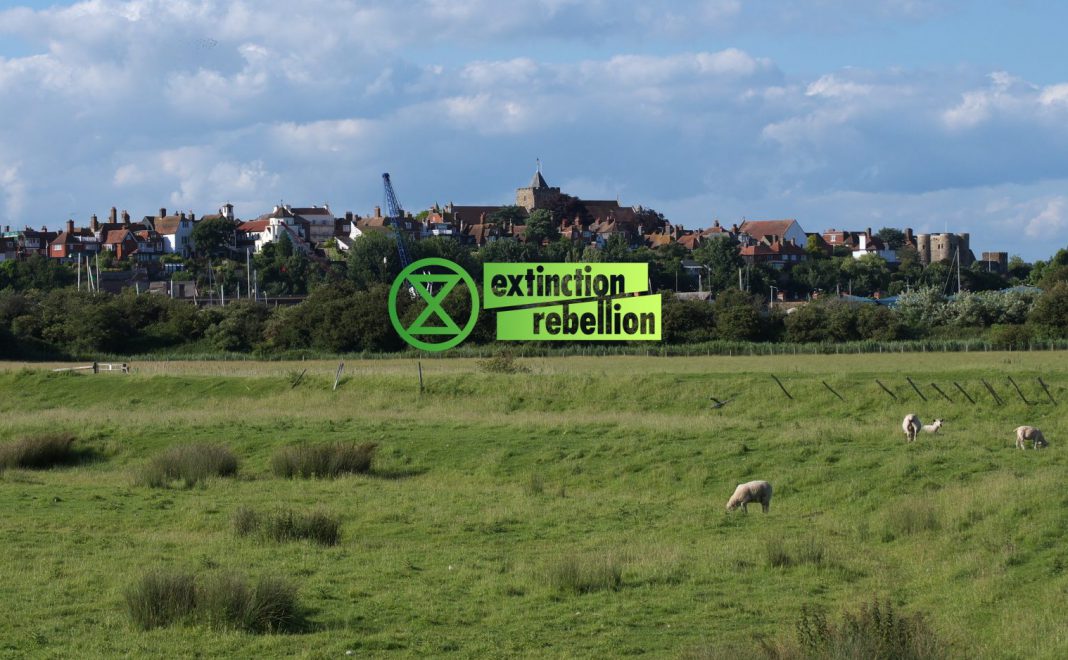Extinction Rebellion (short form XR) is nine months old. Since its public launch in Britain on October 31, 2018, the movement has spread like wildfire through towns and cities across the globe. Expressed in four demands, it has one over-riding aim, to tell truth to power so loud and clear about global warming that governments are compelled to take action, to reduce growth in carbon levels to zero before it becomes too late to save the planet.
Essentially what is being called for entails an abandonment of the basic laws of supply and demand that promote continuous growth of GDP (gross domestic product), to be replaced by a controlled economy, directed towards a reduction in the use and exploitation of world resources.

Since the beginning of this 21st century, there has grown this awareness of climate change, which threatens the continuing existence of not just our human species but of all life on Earth. Scientific studies carried and presented to successive International Research Conferences (the latest takes place in Helsinki this very week, July 18/19) leave little room for doubt that the rate of global-warming is approaching tipping point.
Rising sea-levels and drought are the harbingers of Apocalypse. The point of no return strikes when the tragedy can no longer be averted and the extinction of life as we know it on Earth becomes inevitable. There can be argument about the precise date if nothing is done, but it lies well within our grandchildren’s lifetime, according to all the evidence.
Gathering momentum, the movement treads a well-worn path of citizen protest but, with the help of modern communication technology, its message and its power receive an altogether new boost.

Where will its energy lead it? Civil protest has a long history in Britain. Always rooted in dissatisfaction with government, it has emerged in many forms over the centuries. Fuelled by famine and injustice, there were peasants’ revolts led by men such as Jack Cade of Kent and Robert Kett of Norfolk.
Later movements fought against the spread of job-destroying technology, epitomised by the Luddites. Then there were the Chartists in the 1840s seeking universal parliamentary representation.
The early rebellions were armed uprisings, and all were met and suppressed with violence at the hands of the governing class. This year we have recently celebrated the centenary of Peterloo, when the cavalry charged on unarmed civilians in Manchester.
In the last century, protesters against injustice adopted non-violence as their most powerful weapon. The Suffragettes were successful in getting Votes for Women, using the power of the press and public sentiment to win their case.

Then the concept of civil disobedience was developed and honed by people such as Ghandi in India and Martin Luther King in the USA. They and their followers shook the foundations of government leading to independence for India and racial desegregation for black and white people in the USA.
Extinction Rebellion endorses the policy of non-violence. Underpinning its dissent is a philosophy of the breach of social contract, whereby governments have failed in their duty to protect their citizens against impending disaster. This justifies their campaign of disruption so notably successful last April in closing down parts of the capital, with the occupation of Westminster Bridge, Marble Arch and Parliament Square. Further action is planned, but this may fall short of the closure of Heathrow Airport that was mooted recently.
The movement claims to have no leaders, so we have been informed. It comprises independent autonomous groups, acting locally to bring pressure to bear on local authorities, on businesses, on fellow citizens to demand radical changes in government policy to enforce a redirection of consumerist behaviour.
A key mechanism will be through the establishment of a Citizen’s Assembly to oversee the process. The immediate strategy appears to lie in building localised support to the point where 3.5% of the populace support its objectives – a figure estimated to be sufficient to sway the levers of power in our democracy.
The objectives of Extinction Rebellion seem worthy and indeed necessary. Students of history however may be concerned about where the movement will lead. “You can’t make an omelette without breaking eggs” a saying attributed to Robespierre, a leader of the French Revolution.
Leaders will emerge without doubt who may pursue a deviant agenda which is more socially harmful that originally dreamt. The rise of populism with its access to instant social media can bring an end to democratic representation of the whole people (if ever we had it). We are witnessing the unleashing of organised citizen power, such as Britain has never before seen. Truly, these are interesting times!
Image Credits: Extinction Rebellion .



